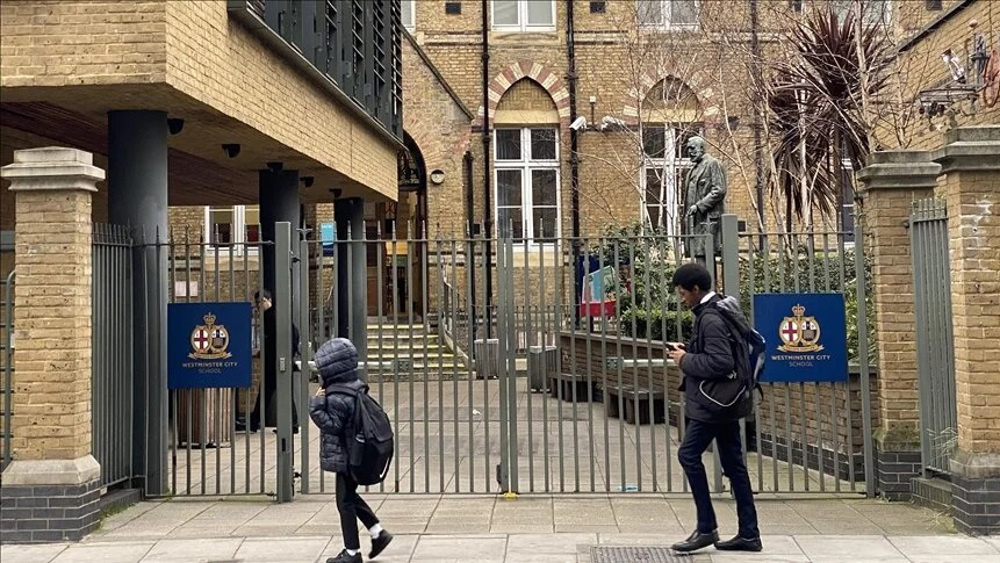How common are mental health issues in the UK?
As economic uncertainty in Britain has reached an unprecedented level, Britons’ life style has also fanned the flame of mental health. Suicide is now turning into a common social phenomenon.
It is estimated that weaker customer and investor confidence, due to Brexit uncertainty, has already hit the economy, reducing GDP by approximately 2.5% and the phenomenon is having a much deeper and longer lasting effect on the nation.
Suicide is the most common cause of death for men aged 20-49 years in England and Wales. In 2017 alone, 5,821 suicides were recorded in the United Kingdom. Of these, 75% were male. That is in contrast to a 5 years period between 2003 and 2013, when 18,220 people with mental health problems took their own life in the UK. In Scotland the same trend is also observed as the suicide rate in Scotland rose by 8% between 2015 and 2016, with 728 suicides registered in Scotland in 2016.
The current economic situation is also affecting Britons, particularly those working under pressure. Data from the Office for National Statistics shows that more than 300 nurses killed themselves over the seven-year period from 2011 to 2017.
British Veterans are also killing themselves at an alarming rate because of Britain’s military adventurism across the globe and lack of care for injured military personnel or their families.

Cultural issues are also having a social impact, in particular on the youth and school children. Mental Health Foundation has found, one in eight people aged 18 and above, have been so distressed about their body image that they have thought about killing themselves.
Obsession with social media is also acting as another factor. Studies suggest that the high rate of depression among youth with greater time spent on social media, online bullying and poor sleep are the main culprits.
These are just a few of the many reasons why the suicide rate is rising in the UK, which is also facing an ever increasing wave of Homicides. An estimated 120 people a year are killed by someone who is mentally ill. Such killings account for 11% of all homicides. About a quarter of the victims are children; many others are relatives or friends of the assailant and some are complete strangers killed in random attacks.
The curious point is that despite the crisis, the National Health Service has stopped funding the automatic investigation of all killings by mental health patients and, according to psychiatrists and the victims’ families, has put people more at risk.
VIDEO | Iran marks defeat of US military operation in Tabas Desert
VIDEO | Press TV's news headlines
US troopers crack down on pro-Palestinian protests at University of Texas
VIDEO | German warship departs Red Sea as EU 'naval mission' fails
VIDEO | Palestinians inspect rubble of destroyed building in Rafah
Yemeni forces strike US, Israeli vessels in fresh pro-Palestinian operations
‘Say no to Biden’: US college being pressed not to endorse genocide
VIDEO | UN: Alarming food insecurity crisis grips Afghanistan









 This makes it easy to access the Press TV website
This makes it easy to access the Press TV website